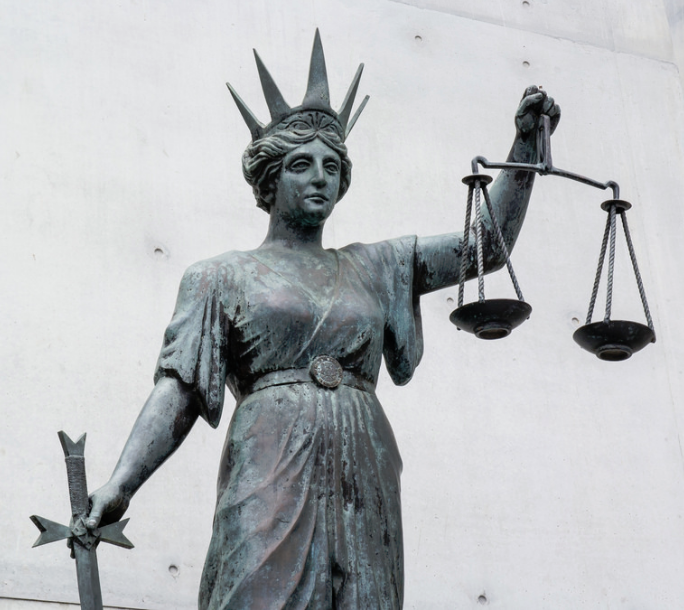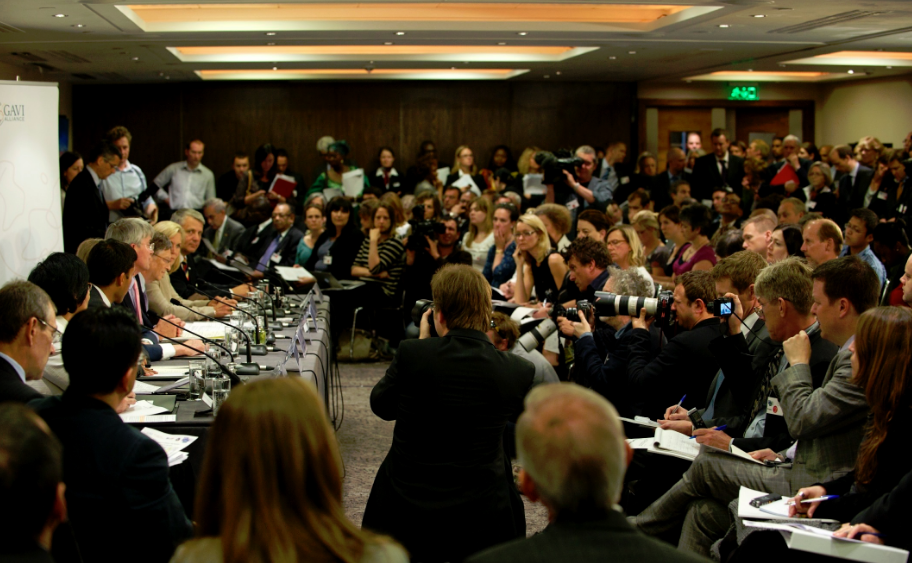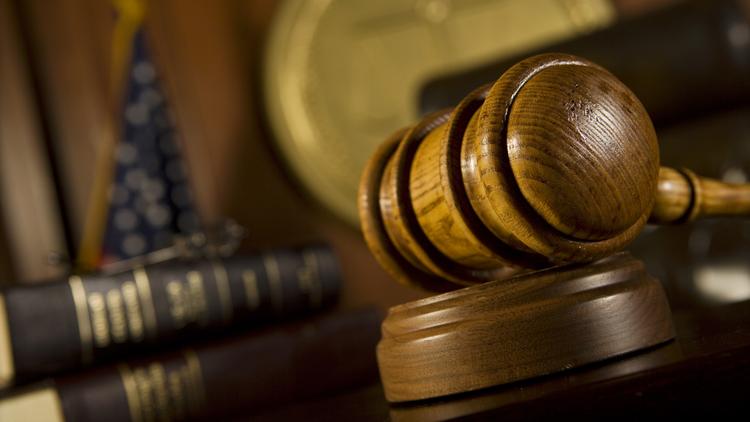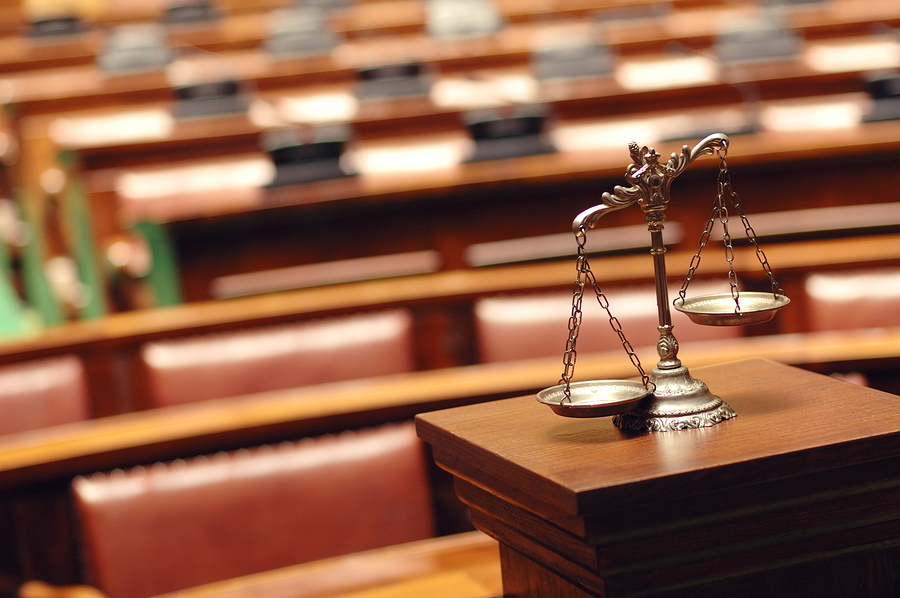On September 20th, Liliane Bettencourt, the richest woman in the world died at age 94. Scandals of several types plagued the last years of her life and the lives of those around her going as far as alleged campaign contributions in great excess of the legal limit to former president of France, Nicolas Sarkozy. Aside from the political scandals, Bettencourt was involved in intense family drama to put it mildly. The heiress to the L’Oreal fortune amassed an incredible amount of wealth and at her death was worth approximately $44 billion. Her father, and known Nazi sympathizer, started the company that owns brands such as Garnier and Lancome and…
-
-
Breach of Fiduciary Duty vs. Constructive Fraud – Which Claim Do You Have?
Breach of Fiduciary Duty: A fiduciary is an individual or corporation to whom property or power is entrusted for the benefit of another. Fiduciaries must prudently care for any such assets, and may also have a number of additional duties, depending on the nature of their fiduciary relationship. These duties include, without limitation: a duty of good faith and fair dealing, a duty of loyalty, a duty of impartiality, a duty to delegate, a duty to inform, and a duty to maintain adequate records. To succeed on a breach of fiduciary duty claim, the plaintiff must prove…
-
Breach of Trustees’ Fiduciary Duty – Part 4: Duty to Delegate
At common law, trustees had a fiduciary duty not to delegate tasks they can perform themselves. However, our current financial system’s increasing complexity makes it unreasonable for many trustees to manage trust assets on their own. The opportunities for investments are endless, and the sophistication of even basic financial instruments has increased since the creation of the common law duty not to delegate tasks. As a result, it is often in the best interests of all parties – including the trustee – to enlist the help of experienced professionals who can assist with investment decisions. Doing so ensures the trust’s assets are financially productive and protected. When delegating his…
-
Breach of Trustees’ Fiduciary Duty – Part 3: Duty to Administer Trusts Prudently and Duty to Inform, Report, and Maintain Adequate Records
In Part 2 of this series, we examined trustees’ duties of loyalty and impartiality. This post will examine the duty to administer trusts prudently and Part 4 will discuss the duty to delegate – or not delegate – in more depth. The duty to administer trusts involves the basic values of good faith, while the duty to inform, report, and maintain adequate records involves the reasonableness of a trustee’s actions. While these principals seem straight forward, they are a bit nuanced in practice. Duty to Administer Trusts Prudently The duty to administer trusts prudently mandates trustees carry…
-
Breach of Trustees’ Fiduciary Duty – Part 2: Duty of Loyalty & Duty of Impartiality
As we’ve mentioned in part 1 of this series, trustees are fiduciaries and, as such, trustees owe a variety of fiduciary duties to multiple parties. These obligations include both the duty of loyalty and duty of impartiality, which we will discuss this week. To prove a trustee breached of one of these duties, one must show three things: (1) the existence of a fiduciary relationship; (2) the breach of a fiduciary duty; and (3) damages proximately caused by the breach of the duty.[1] It is important to keep in mind that the express terms of the trust can modify…
-
Breach of Trustees’ Fiduciary Duty – Part 1: General Considerations
This is the first of a four-part series examining trustee’s fiduciary duties and the circumstances that could result in litigation. To begin, we will discuss basic principles that will lay a groundwork to inform our larger discussion. What is a Trust and a Trustee?[1] A trust is a financial instrument or tool through which people can transfer their assets to others over time. People who create trusts are called “settlors,” because they “settle” or initially put assets into the trust. Those who stand to benefit from the assets in the trust are known as “beneficiaries.” The person…
-
Eight Questions and Answers about Fiduciary Litigation
What is fiduciary litigation? Fiduciary litigation encompasses a wide range of legal actions including, without limitation, trust and estate litigation, will contests (also referred to as caveat proceedings), breach of individual and corporate fiduciary duty claims, and guardianship proceedings. Fiduciary litigation is becoming increasingly relevant as the baby boomer generation continues to age. What is a fiduciary? A fiduciary is an individual or corporation in whom another places trust and confidence to act in their best interest. Generally speaking, a fiduciary is tasked with prudently caring for the financial assets of another. What are the types of fiduciary relationships? Relationships created by statute, such as in…
-
North Carolina Business Court Awards Rule 11 Sanctions for Second Time this Fall
The North Carolina Business Court recently entered Rule 11 sanctions against attorneys who relied on inaccurate information from their clients in preparing and filing lawsuits. The decision comes just two months after the NCBC awarded Rule 11 sanctions in a case with similar facts (which we summarized Here). In the most recent decision, the client, John Mauney, represented to his attorneys that he was a manager and member of NC Bioremediation, LLC, and therefore had authority to file a lawsuit on the company’s behalf.[1] In fact, Mauney was not, nor had he ever been, a member or manager…
-
North Carolina Business Court Suggests a Willingness to Impose a Fiduciary Duty on Minority Shareholders
The North Carolina Business Court recently issued an opinion in which it suggested a willingness to adopt a position that “controlling” minority shareholders owe a fiduciary duty to their fellow minority shareholders.[1] The case arose out of a transaction between Reynolds American, Inc. (“Reynolds American”) and Lorillard, Inc. (“Lorillard”), funded in part by shares purchased by Reynolds American’s largest shareholder, British American Tobacco, p.l.c. (“British American”). Reynolds American was formed in 2004 when R.J. Reynolds Tobacco Company acquired British American’s United States subsidiary. British American obtained a forty-two percent (42%) stake in the newly formed Reynolds American. At that…
-
Rule 11 Sanctions Imposed for Improper Breach of Fiduciary Duties Claims Against Rank-and-File Employees
In September 2011, Southeast Air Charter, Inc. (“Southeast Air”) brought suit against three (3) employees (“Defendants”) alleging, among other things, breach of fiduciary duty and constructive fraud. The North Carolina Business Court (“NCBC”) determined all defendants were rank-and-file employees of Southeast Air and therefore could not be subject to the breach of fiduciary duty and constructive fraud claims. As such, Plaintiff and Plaintiff’s attorneys were subject to Rule 11 sanctions for bringing these claims without any factual basis. In determining the appropriate amount of sanctions and the allocation of attorneys’ fees incurred by Defendants, Judge James Gale, Chief Special Superior Court Judge of the NCBC,…







